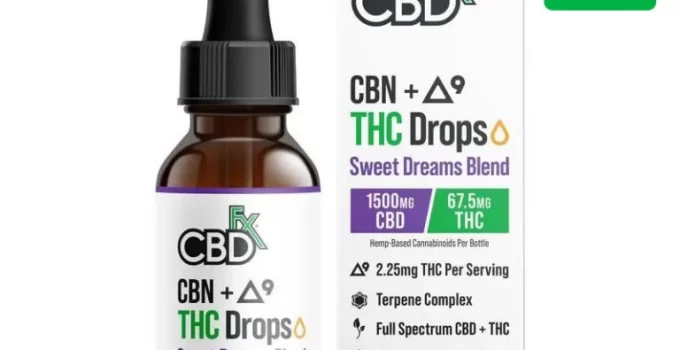1.) CBD has been the focus of extensive scientific research
There are more than 85 cannabinoids found in cannabis. CBD and THC are the most well-known. These two cannabinoids have received the most scientific research.
2.) CBD can’t get you “high”
CBD doesn’t have the psychoactive properties of THC. This is why CBD can be used by everyone, even people who work in fields that require mental clarity.
3.) CBD is a therapeutic substance
Although pharmaceuticals can be used to treat various health and medical conditions, side effects can often outweigh the benefits. CBD is a great option for this. CBD is non-toxic, and has almost no side effects so it can be used in place of other medications.
4.) CBD is legal
CBD can be extracted from industrial hemp plants. Although legalization of cannabis is subject to change depending on where you live, CBD is exempt from any regulations because it contains a very low amount of THC (less than.3%).
5.) CBD stimulates CB1 and CB2 important receptors
CBD can be taken to affect two main cannabinoid receptors within the body. CB1 is found in the brain, central nervous system (nerves that run from the brain to the spinal cord), and CB2 is located in the immune system cells, digestive tract, and peripheral nervous systems (nerves that extend to the rest the body from the spinal cord and brain).
It is important to note that activating these receptors can have a noticeable effect. Some studies have shown that activating CB2 receptors can remove beta-amyloid protein from the brain. While activating CB1 receptors can positively affect depression, fear, paranoia, intestinal inflammation, blood pressure, and anxiety, it can also lower intestinal inflammation. CB1 receptor activation may even provide relief for anxiety, which is one of the most common mental disorders in America.
6.) CBD is a great treatment for anxiety
Most anxiety can be treated with medication or psychotherapy. A 2018 survey by Cannabinoid Research found that more than 60% of CBD users were using CBD to treat a medical condition. These users most frequently reported pain, anxiety, or depression.
7.) We naturally produce cannabinoids
Our endocannabinoid systems naturally produce cannabinoids. This affects multiple bodily processes, including mood, appetite, pain and various cognitive functions. Anandamide, also known as the bliss molecule, is one of the most effective endocannabinoids.
Because it activates our CB1 receptors, Anandamide is crucial. These receptors are important for:
- Relieving depression
- It is known to prevent the growth of breast cancer cells
- Intestinal inflammation is lower
- Reduce the incidence of Leaky Gut Syndrome
- Lower blood pressure
- Reduce anxiety, fear, paranoia, and other symptoms
- People with post-traumatic stress disorder (PTSD), have benefits
Anandamide activates our CB1 receptors. However, our bodies produce an enzyme called FAAH which breaks down anandamide. CBD inhibits FAAH from doing its job, which is why CBD is so beneficial.
NOTICE: CBD activates PPARgamma (PPARgamma is responsible for lipid uptake and insulin sensitivity. They also release dopamine and degrade beta-amyloid plaque. This can have a positive effect on diseases like diabetes, schizophrenia, and Alzheimer’s.
8.) CBD can positively impact Clinical Endocannabinoid Deficiency, (CECD).
CECD patients produce less natural cannabinoids. This could have negative consequences.
- Fibromyalgia
- Irritable Bowel Syndrome (IBS).
- Migraines
- Multiple Sclerosis (MS).
- Post-Traumatic Stress Disorder (PTSD).
- Huntington’s Disease
- Parkinson’s Disease
- Autism
These side effects can be worse than the symptoms. CBD can be used to increase the levels of cannabinoids within the body, promoting greater health and wellbeing.
9.) CBD is safe
The World Health Organization states that CBD is generally well tolerated by most people. The CBD oil has a high safety profile and the U.S. Food and Drug Administration approved an oral CBD product, Epidex, to treat Lennox-Gastaut and Dravet seizures, which are severe seizure disorders that can be caused by childhood.
10.) CBD is a natural treatment for epilepsy and seizures.
The safety profile of Epidiolex has led the DEA to reclassify the drug from Schedule I (no medical uses such as heroin) into a Schedule V drug (low potential abuse, such as cough medicine). This is good news, as studies have shown CBD has positive effects on people suffering from multiple daily seizures.



